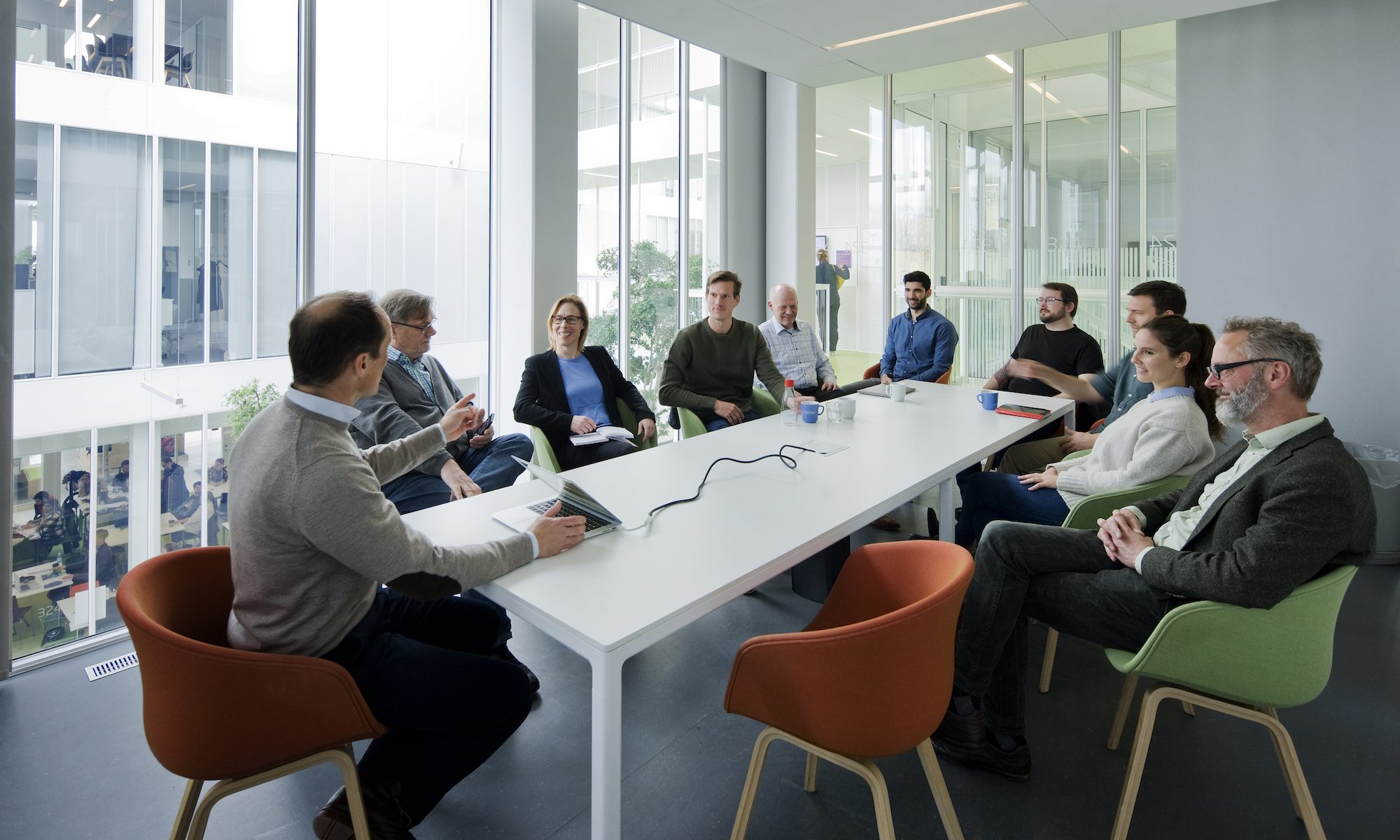After finalizing exams for the spring semester, I was looking over my records on supervision. Over the years, I’ve kept a simple log of each project I’ve supervised, dating back to my return to the Department of Computer Science at the University of Aarhus (AU) in 2002. Since then, I’ve also been at the IT University of Copenhagen (ITU) and currently, I’m at the Technical University of Denmark (DTU). All these years (22), I’ve been supervising students mostly doing their MSc Thesis, but also BSc theses.
Continue reading “Supervision – a Status”10+ Years of AI in Mental Health
The other day I gave a talk at the Artificial Intelligence in Healthcare: Advancing Patient Outcomes and Responsible Governance conference in Copenhagen. This conference was organized by the Danish Society of Engineers and the Danish Society for Healthcare Quality and enrolled a series of super interesting speakers who provided detailed insight into the state-of-the-art AI in Healthcare in Denmark.
Continue reading “10+ Years of AI in Mental Health”Keynote Talk at UbiComp 2023 in Cancún, Mexico
As part of the “Mental Health: Sensing & Intervention” (MHSI) 2023 Ubicomp workshop, I was asked to give a “technical” keynote on the state of sensing in mental health. I gave a talk on “Technical Perspectives on Mobile Sensing in Mental Health” and the slides are available below, with a discussion of the key take-away messages.
Continue reading “Keynote Talk at UbiComp 2023 in Cancún, Mexico”Cognitive Assessment Technology
The assessment of cognitive functioning is core to most mental health and chronic conditions. Cognitive problems are one of the most critical comorbidities of many diseases. Hence, it is essential to be able to assess cognitive functioning, such as working memory, reaction time, spatial-visual skills, executive functioning, etc.
Continue reading “Cognitive Assessment Technology”PhD Scholarship in Digital Phenotyping for Comorbid Mental Health
The Copenhagen Center for Health Technology located at the Technical University of Denmark has an opening for a fully funded PhD scholarship within digital phenotyping for comorbid mental health.
Continue reading “PhD Scholarship in Digital Phenotyping for Comorbid Mental Health”Lecture on Health Data Standards
Today I had the pleasure to talk about health data standards in the class on “Health Data and Interoperability” at the Medical Informatics education, run by Thomas Hildebrandt at the University of Copenhagen.
Continue reading “Lecture on Health Data Standards”Introduction to CARP Mobile Sensing
Today I gave a short introduction to CARP Mobile Sensing at Sumi Helal‘s class on Digital Health at the University of Florida.
Continue reading “Introduction to CARP Mobile Sensing”Two Major Trends in Digital Health
Today I was invited to give a presentation to the Danish health management organization “Region of Southern Denmark” as part of their strategy conference on digital health.
I used my old paper on “Pervasive healthcare as a scientific discipline” as an outset to discuss where I see healthcare is moving – based (of course) on our research into digital health at DTU Health Tech and CACHET. Here I identify seven major trends, which I still find to be relevant. These seven trends are shown on the slide below (click on the image to download the entire slide deck).
Continue reading “Two Major Trends in Digital Health”2nd Generation mHealth for Mental Health
I’ve recently been putting together a description of my recent research in mental health. My interest in mental health dates back to the MONARCA project, which has led to a number of interesting results since, especially driven by the data that is still being collected, analysed, and published mainly by Maria Faurholt-Jepsen and Lars V. Kessing.
Now we have been researching the 2nd generation of mHealth technology for mental health as part of the RADMIS project. This has focused on the design of Behavioral Activation Technology, which supports therapeutic support for depressive patients. These technologies show promising results in terms of supporting intervention in mental health and has – in a non-randomized clinical trial – shown a reduction in depressive symptoms.
A Decade of Ubiquitous Computing Research in Mental Health
Together with Aleksandar Matic, I recently made an overview of the different Ubicomp technologies for mental health, which has been done over the last decade. The paper has just been published in the IEEE Pervasive Computing Magazine. But unfortunately, the supplementary material with references to all the 46 systems is missing. You can access this here.
Continue reading “A Decade of Ubiquitous Computing Research in Mental Health”









